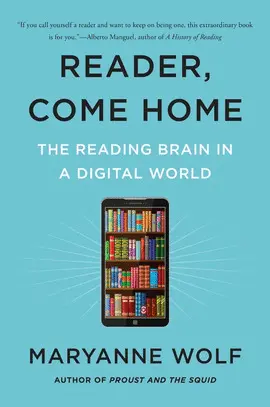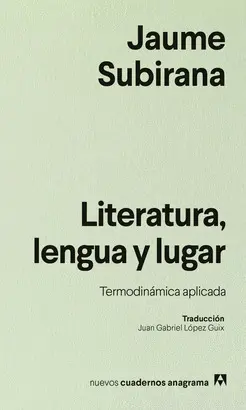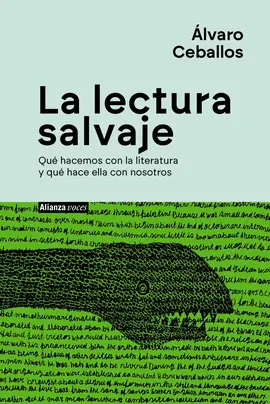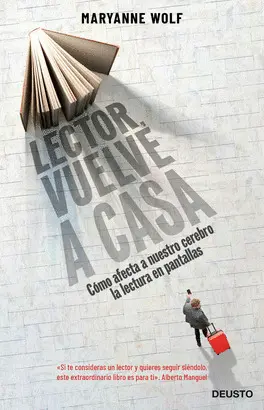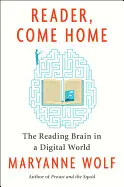- Editorial:
- HARPER
- Año de edición:
- 2019
- Materia:
- Lectura y escritura
- ISBN:
- 978-0-06-238877-3
- Páginas:
- 272
READER, COME HOME
THE READING BRAIN IN A DIGITAL WORLD
MARYANNE WOLF
u003cpu003eFrom the author of Proust and the Squid, a lively, ambitious, and deeply informative epistolary book that considers the future of the reading brain and our capacity for critical thinking, empathy, and reflection as we become increasingly dependent on digital technologies.u003c/pu003eu003cpu003eA decade ago, Maryanne Wolf's Proust and the Squid revealed what we know about how the brain learns to read and how reading changes the way we think and feel. Since then, the ways we process written language have changed dramatically with many concerned about both their own changes and that of children. New research on the reading brain chronicles these changes in the brains of children and adults as they learn to read while immersed in a digitally dominated medium.u003c/pu003eu003cpu003eDrawing deeply on this research, this book comprises a series of letters Wolf writes to us—her beloved readers—to describe her concerns and her hopes about what is happening to the reading brain as it unavoidably changes to adapt to digital mediums. Wolf raises difficult questions, including:u003c/pu003eu003culu003eu003cliu003eWill children learn to incorporate the full range of "deep reading" processes that are at the core of the expert reading brain?u003c/liu003eu003cliu003eWill the mix of a seemingly infinite set of distractions for children's attention and their quick access to immediate, voluminous information alter their ability to think for themselves?u003c/liu003eu003cliu003eWith information at their fingertips, will the next generation learn to build their own storehouse of knowledge, which could impede the ability to make analogies and draw inferences from what they know?u003c/liu003eu003cliu003eWill all these influences, in turn, change the formation in children and the use in adults of "slower" cognitive processes like critical thinking, personal reflection, imagination, and empathy that comprise deep reading and that influence both how we think and how we live our lives?u003c/liu003eu003cliu003eWill the chain of digital influences ultimately influence the use of the critical analytical and empathic capacities necessary for a democratic society?u003c/liu003eu003cliu003eHow can we preserve deep reading processes in future iterations of the reading brain?u003c/liu003eu003cliu003eWho are the "good readers" of every epoch?u003c/liu003eu003c/ulu003eu003cpu003eConcerns about attention span, critical reasoning, and over-reliance on technology are never just about children—Wolf herself has found that, though she is a reading expert, her ability to read deeply has been impacted as she has become, inevitably, increasingly dependent on screens.u003c/pu003eu003cpu003eWolf draws on neuroscience, literature, education, technology, and philosophy and blends historical, literary, and scientific facts with down-to-earth examples and warm anecdotes to illuminate complex ideas that culminate in a proposal for a biliterate reading brain. Provocative and intriguing, Reader, Come Home is a roadmap that provides a cautionary but hopeful perspective on the impact of technology on our brains and our most essential intellectual capacities—and what this could mean for our future.u003c/pu003e


